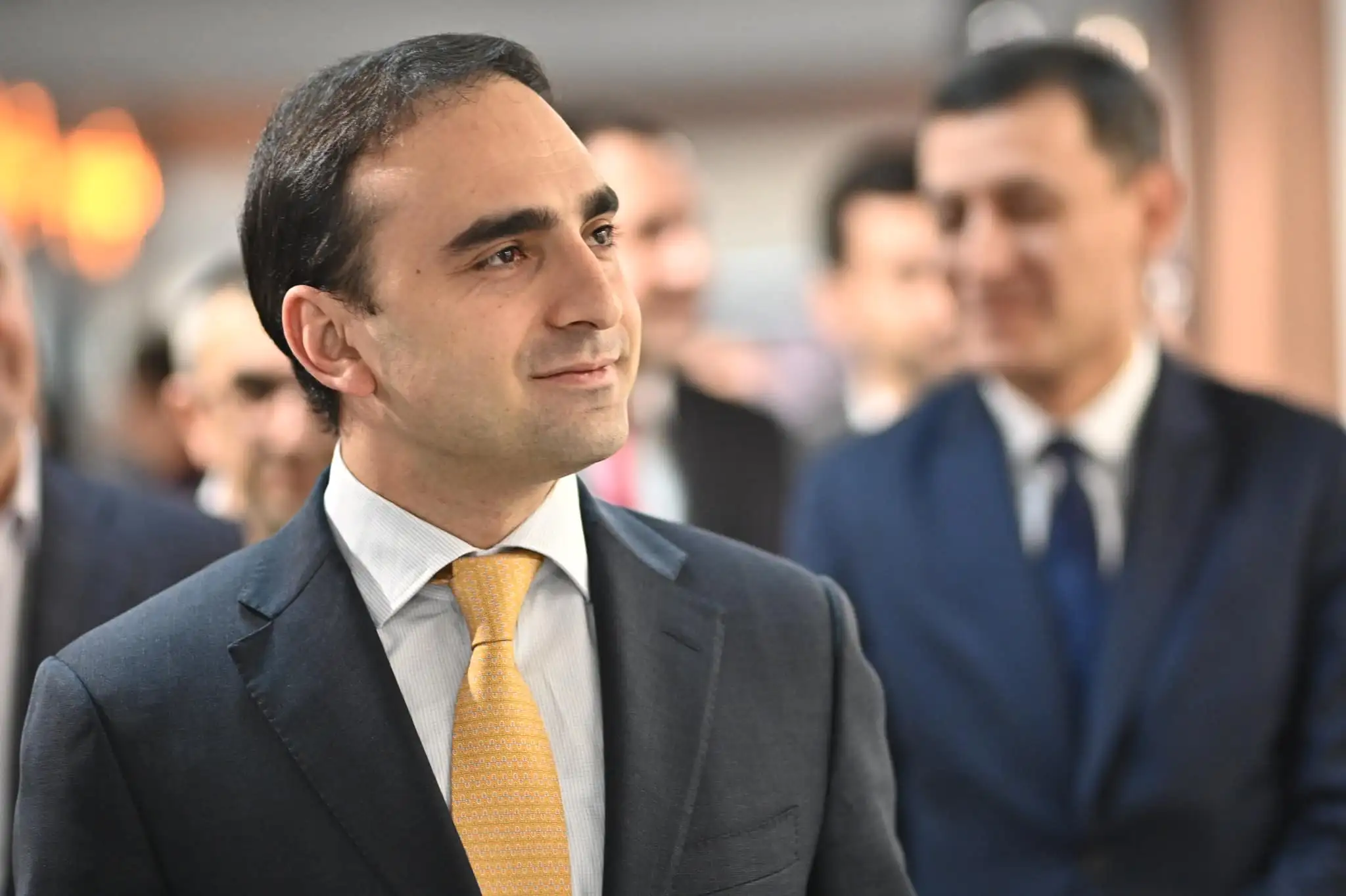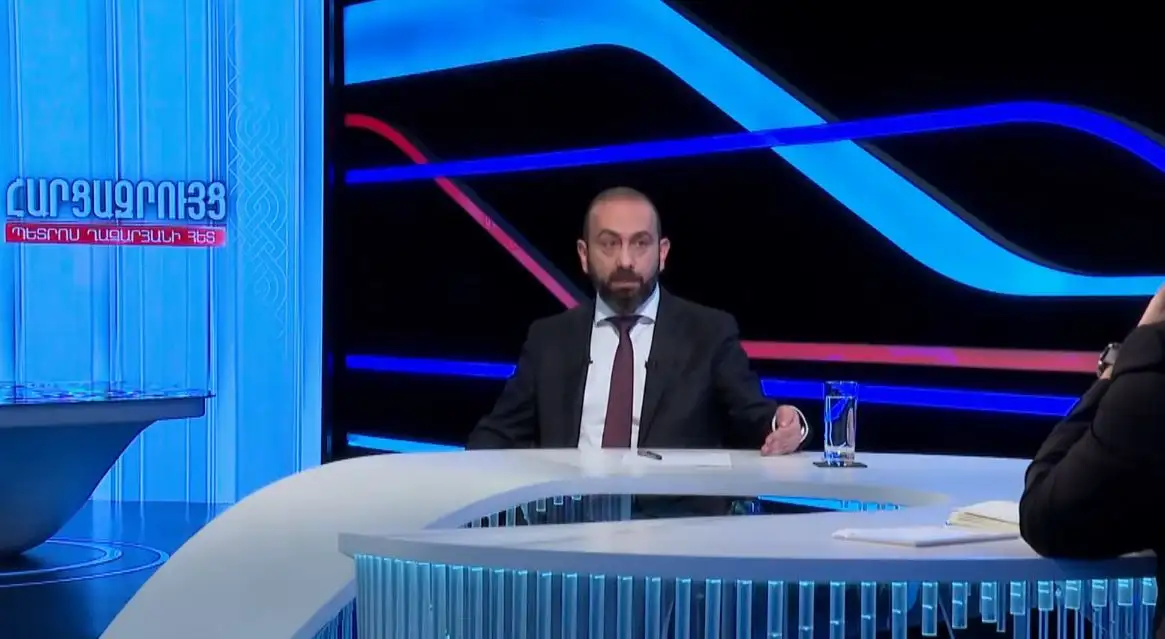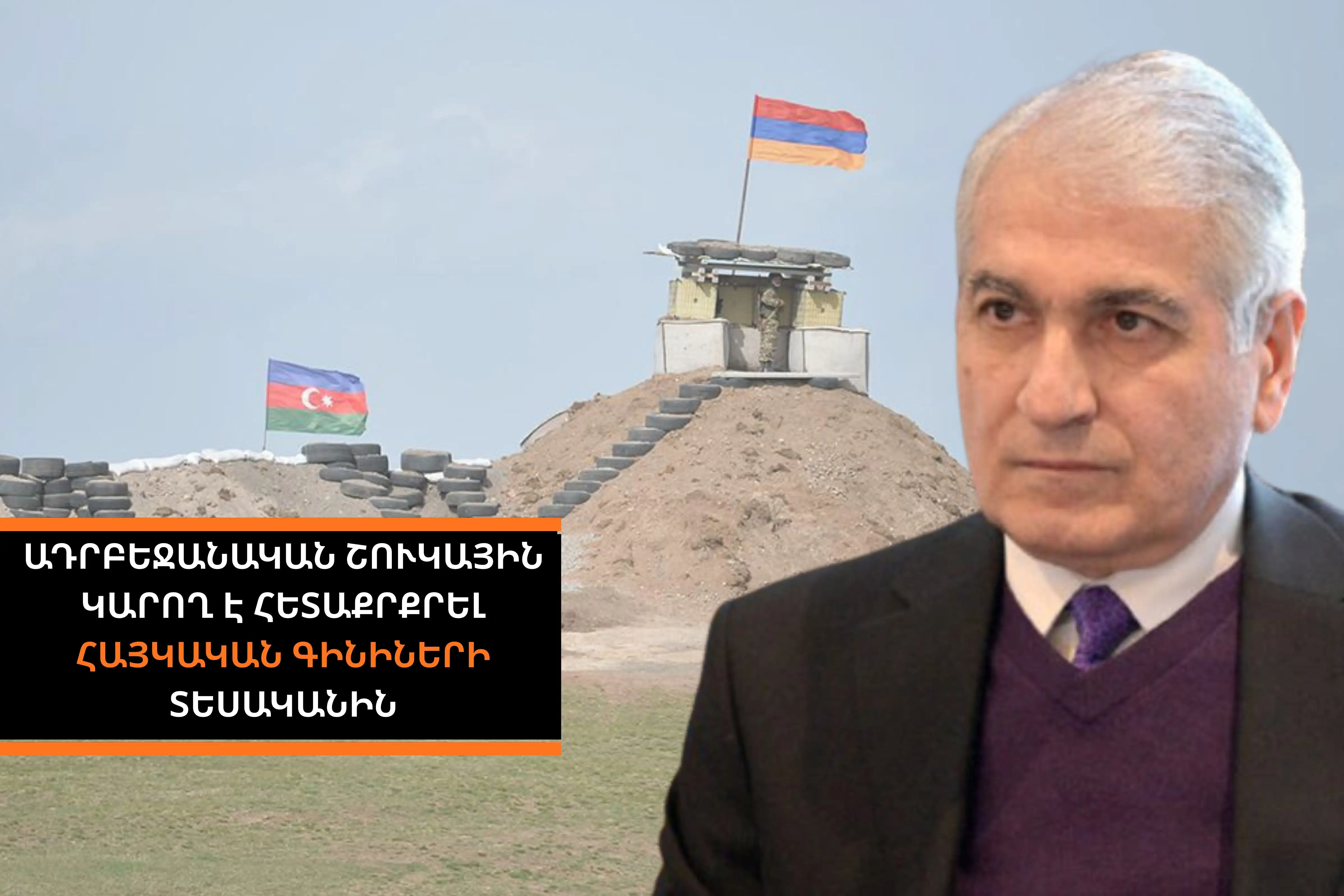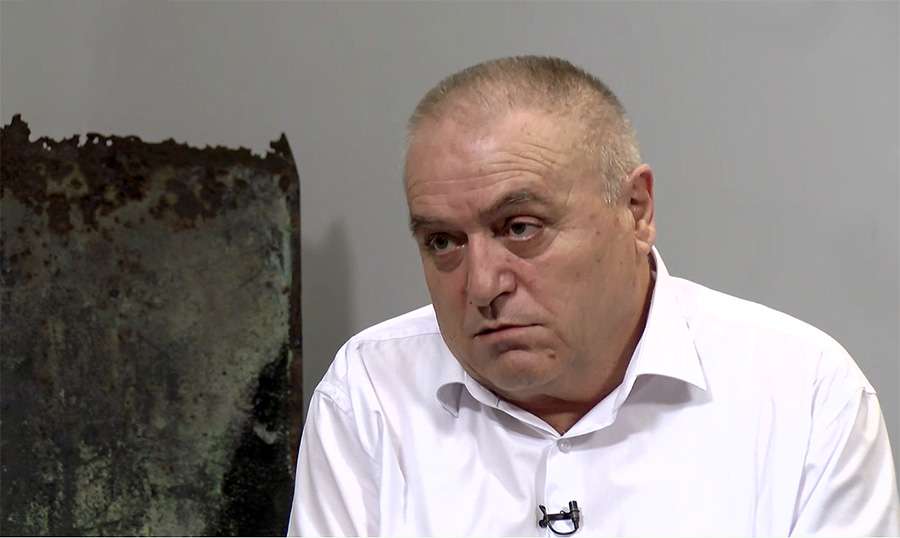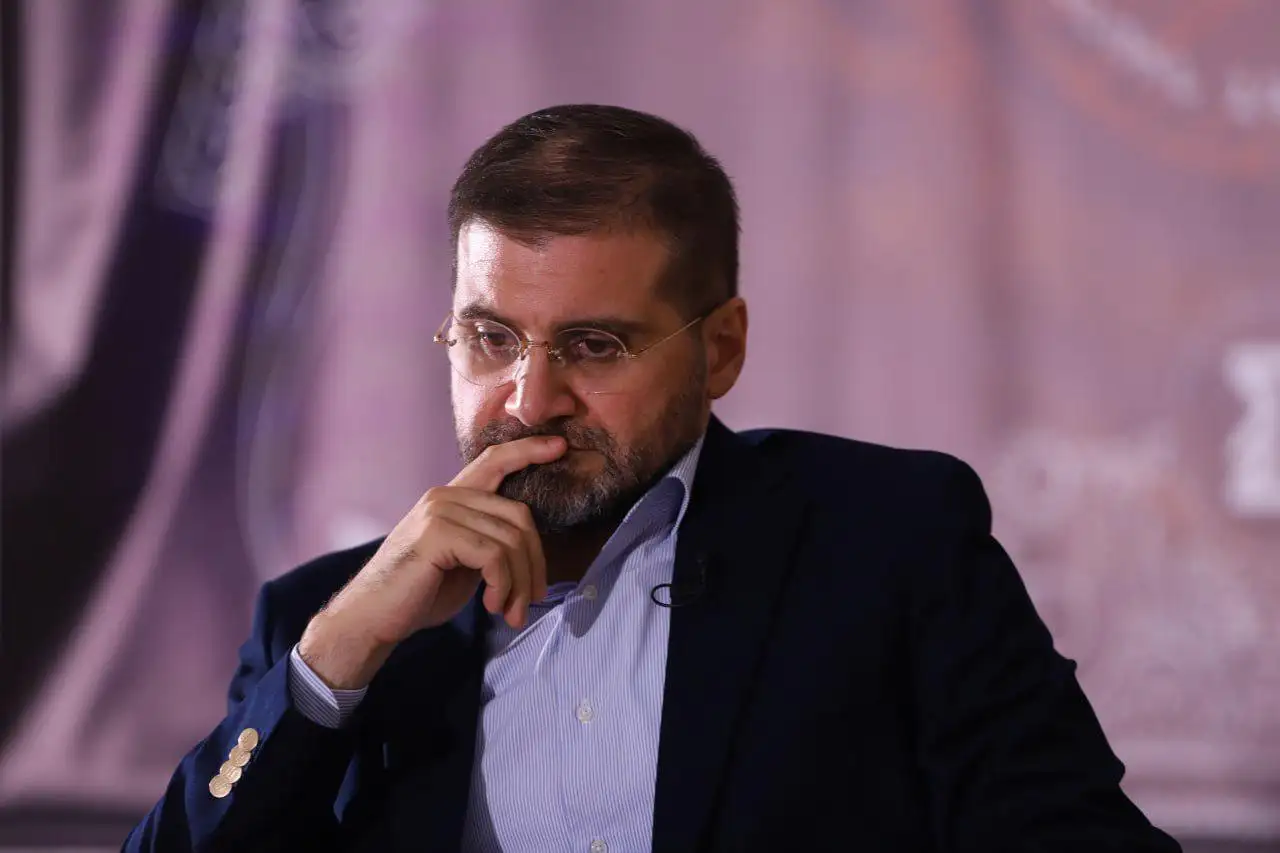Until now, the European Union, together with its member states, has provided more than 50 million euros for urgent assistance to refugees from Nagorno-Karabakh, and in an interview with an "Armenpress" correspondent, the head of the delegation of the European Union in Armenia, Ambassador Vasilis Maragos, stated this.
"This support was delivered in different ways. We have already provided material support and are working with humanitarian partners to deliver it. Our humanitarian support mainly includes food, hygiene items, shelter, and the necessities of life. More than 60 percent of refugees have already benefited from our support. We are also working with the government to deliver the €15 million budget support package announced by European Commission President von der Leyen in Granada. The package will contribute to the government's multi-faceted support to address refugees' cash assistance, food, energy, and temporary shelter needs. In the context of our ongoing discussions with the government regarding the further strengthening of EU-Armenia relations, the issue of further support will also be considered. The focus of the EU's attention remains the humanitarian needs of more than 100,000 Karabakh Armenians who have fled to Armenia and are taking care of their means of livelihood," the ambassador said.
- There is also a civil mission of the European Union in Armenia, which patrols the Armenian side of the Armenian-Azerbaijani border and submits a report to the EU. What records has the European Union made so far based on these reports? We have not come across an official statement. There are views that the mission is late in responding to border incidents; what about this? Does the EU plan to expand the number of mission members shortly?
- The EU mission in Armenia is tasked with observing and reporting on the situation on the Armenian side of the Armenian-Azerbaijani state border, contributing to the security of people in the areas affected by the conflict, and, based on this, aiming to contribute to the formation of trust between the Armenian and Azerbaijani populations and, if possible, also between the authorities. All EU civilian missions report on their observations to the EU and EU member states. Since the deployment of the mission, there has been a shift towards stabilizing the situation on the ground, so the mission is fulfilling the obligations assumed by its mandate. As EU High Representative Borrell recently mentioned, we are working to deploy more observers and patrols to expand the mission. Since my arrival in September 2023, I have met most of the observers and closely followed their activities. I am impressed by their professionalism and dedication. I am also impressed by the warm welcome of the Armenian population, which is highly appreciated by the European Union and contributes to the mission's work.
- After his recent visit to Granada, the Prime Minister of Armenia stated in an interview that there is a consensus in the European Union regarding the deepening of relations with Armenia. Is it possible that there are or will be other arrangements besides the Comprehensive and Extended Partnership Agreement?
- Both the European Union and Armenia are primarily interested in accelerating the implementation of the Comprehensive and Extended Partnership Agreement. The Agreement has excellent potential, and many initiatives are being implemented based on it. We are now actively working to realize the Agreement's potential further and benefit Armenian citizens and businesses. On October 26-27, the European Council invited the EU High Representative and the Commission to present options for strengthening EU-Armenia relations in all dimensions. On November 13, the Foreign Relations Council held the first discussion on various areas of cooperation, including security cooperation.
Now, we are working with our Armenian partners to determine future areas of cooperation. For this purpose, a team of the EU External Action Service and the European Commission arrived in Armenia this week to discuss the possible perspectives of strengthening EU-Armenia relations with our Armenian partners. The EU High Representative will also invite the Minister of Foreign Affairs of Armenia to join the Council of Foreign Relations of the EU Foreign Ministers session to continue the discussion in that direction. That session will take place in December.
- Mr. Ambassador, now many citizens of Armenia need help booking a visa day at the embassies of EU countries. When can the visa liberalization dialogue begin?
- Let me say very clearly that Armenians greatly benefit from the Agreement on the Facilitation of Entry Permits and the addition of multiple visas. However, we are well aware of the challenges and are actively working to address them. Two weeks ago, we had a very productive meeting of the Joint Visa Facilitation Committee, during which progress was recorded and all issues were thoroughly discussed.
Regarding the increase in the number of visa applications, the commission asked member states to improve their operational capacity to deal with the rise in visa applications by allowing more time for admissions. On November 13, 2023, the Council of Foreign Relations also discussed the possibility of liberalizing Armenia's visa regime. We will actively work to explore such options shortly.









